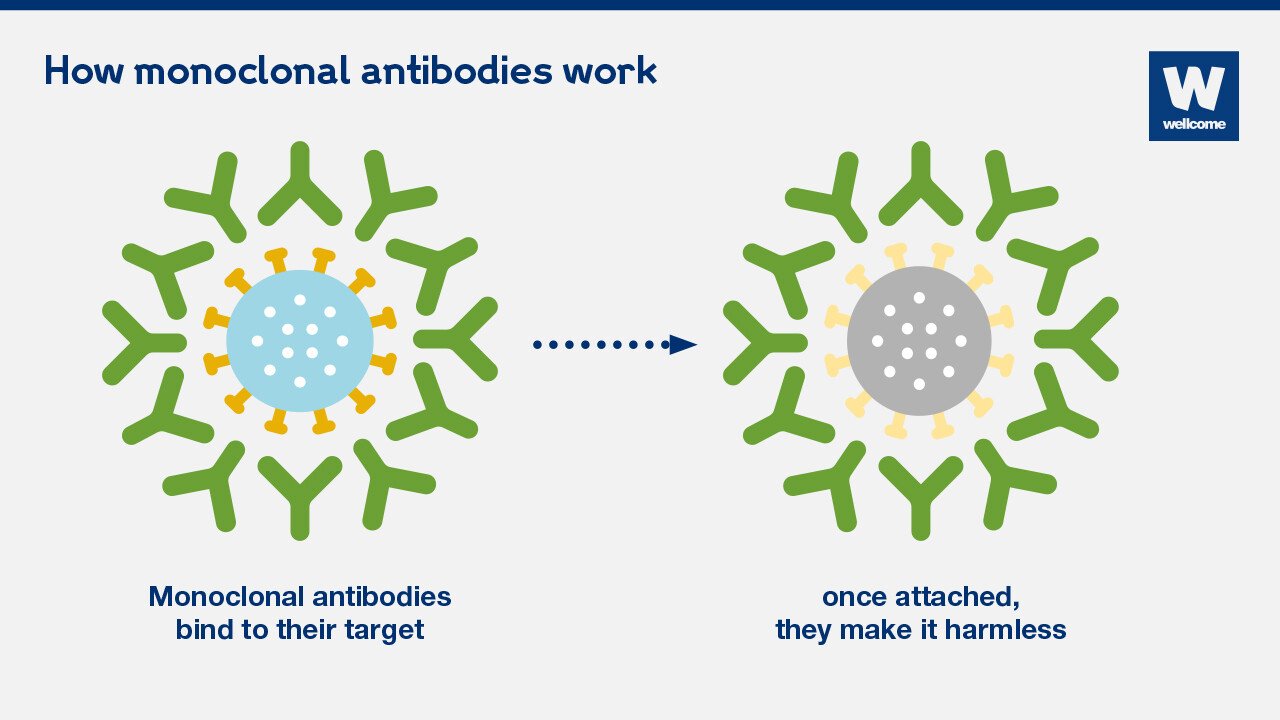
When it comes to a baby’s immune system, it can be a bit of a mystery. Parents want to know how to protect their little ones from germs and other harmful substances, but they may not know how long it takes for certain antibodies to develop. One such antibody is immunoglobulin G (IgG), which is an important part of a baby’s immune system. In this article, we will explore how long it takes for a baby to develop IgG antibodies and why they are so crucial.
Table of Contents
What are IgG antibodies?
Immunoglobulin G (IgG) is a type of antibody that is found in blood and other bodily fluids. These antibodies are produced by the immune system in response to an infection or exposure to a foreign substance, such as a virus or bacteria. IgG antibodies are important because they help to protect the body against future infections by recognizing and neutralizing harmful substances. They can also cross the placenta during pregnancy, providing passive immunity to the developing fetus.
When do IgG antibodies develop in a baby?
IgG antibodies start to develop in a baby while they are still in the womb. The mother’s immune system produces these antibodies and they are passed to the fetus through the placenta. This provides passive immunity to the baby, which can help to protect them against infections in the first few months of life. After birth, a baby’s own immune system starts to produce IgG antibodies in response to exposure to germs and other foreign substances. It can take several weeks for these antibodies to reach protective levels, but once they do, they can provide long-lasting immunity.
Why are IgG antibodies important for a baby?
IgG antibodies are important for a baby because they help to protect them against infections. In the first few months of life, a baby’s immune system is still developing and is not yet fully equipped to fight off germs and other harmful substances. Passive immunity from the mother’s antibodies can help to bridge the gap and provide protection until the baby’s own immune system is strong enough to take over. IgG antibodies can also provide long-lasting immunity, which means that a baby may be protected against certain infections for months or even years.
How can parents help their baby develop IgG antibodies?
Parents can help their baby develop IgG antibodies by ensuring that they receive all recommended vaccinations. Vaccines contain small amounts of weakened or inactivated viruses or bacteria that stimulate the immune system to produce antibodies. When a baby receives a vaccine, their immune system produces IgG antibodies to the specific virus or bacteria that the vaccine is designed to protect against. By following the recommended vaccination schedule, parents can help to ensure that their baby’s immune system is equipped with the necessary antibodies to fight off a range of infections.
Conclusion
In conclusion, IgG antibodies are an important part of a baby’s immune system. They start to develop while the baby is still in the womb and can provide passive immunity for the first few months of life. After birth, a baby’s own immune system starts to produce IgG antibodies in response to exposure to germs and other foreign substances. Parents can help their baby develop IgG antibodies by ensuring that they receive all recommended vaccinations. By doing so, they can help to protect their little ones against a range of infections and give them the best possible start in life.
Frequently Asked Questions
Q: How long does it take for IgG antibodies to develop in a baby?
A: IgG antibodies start to develop in a baby while they are still in the womb and are passed to the fetus through the placenta. After birth, a baby’s own immune system starts to produce IgG antibodies in response to exposure to germs and other foreign substances. It can take several weeks for these antibodies to reach protective levels.
Q: Are IgG antibodies important for a baby?
A: Yes, IgG antibodies are important for a baby because they help to protect them against infections. Passive immunity from the mother’s antibodies can help to bridge the gap and provide protection until the baby’s own immune system is strong enough to take over. IgG antibodies can also provide long-lasting immunity, which means that a baby may be protected against certain infections for months or even years.
Q: How can parents help their baby develop IgG antibodies?
A: Parents can help their baby develop IgG antibodies by ensuring that they receive all recommended vaccinations. Vaccines contain small amounts of weakened or inactivated viruses or bacteria that stimulate the immune system to produce antibodies. By following the recommended vaccination schedule, parents can help to ensure that their baby’s immune system is equipped with the necessary antibodies to fight off a range of infections.
Q: What are IgG antibodies?
A: Immunoglobulin G (IgG) is a type of antibody that is found in blood and other bodily fluids. These antibodies are produced by the immune system in response to an infection or exposure to a foreign substance, such as a virus or bacteria. IgG antibodies are important because they help to protect the body against future infections by recognizing and neutralizing harmful substances.
Q: Can IgG antibodies provide long-lasting immunity?
A: Yes, IgG antibodies can provide long-lasting immunity, which means that a baby may be protected against certain infections for months or even years. This is because IgG antibodies can recognize and neutralize specific harmful substances, which can help to prevent future infections.
